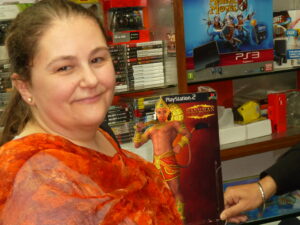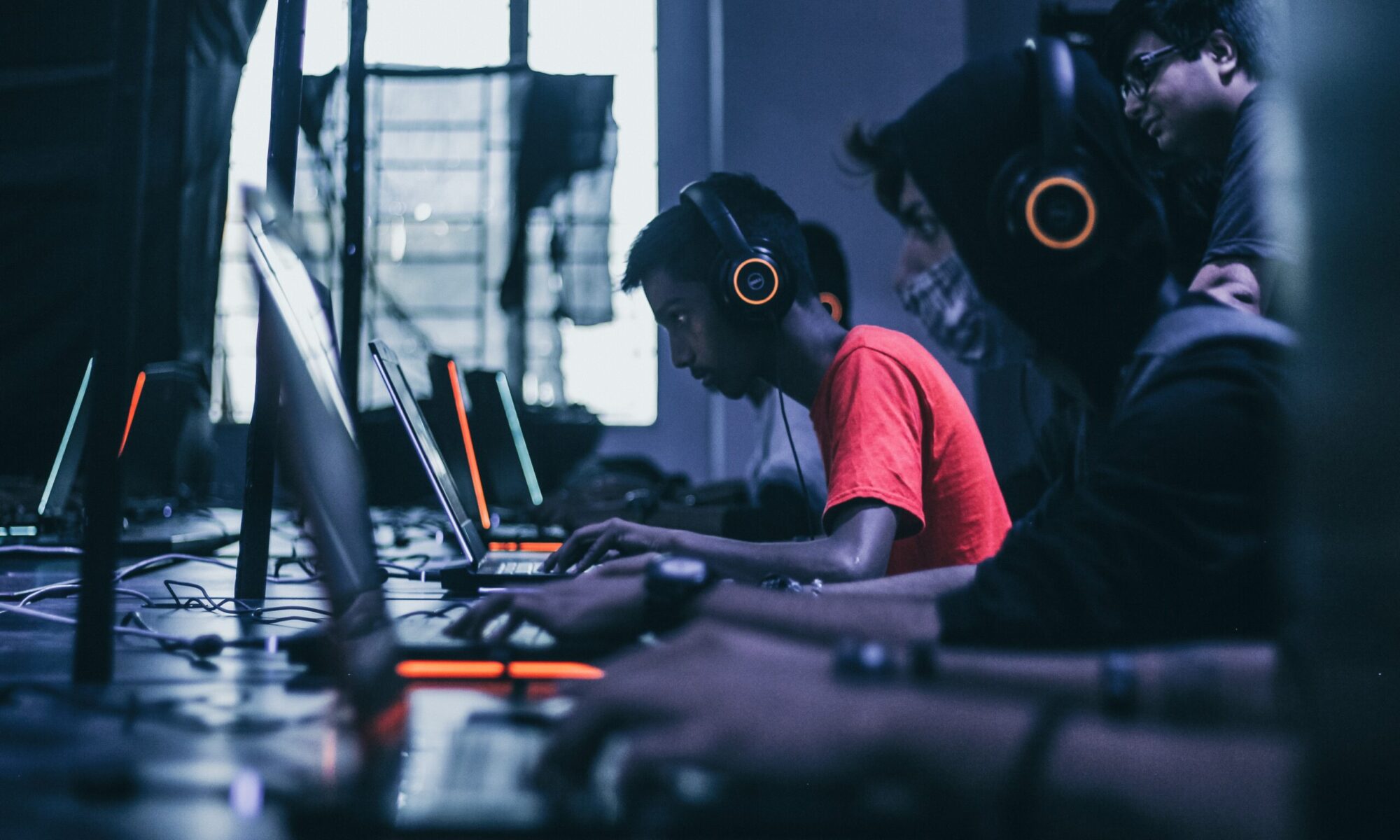Get to know some of our experts of the IASGAR PhD-Summer-Day 2022!

Gregory Price Grieve
is a Professor at the University of North Carolina Greensboro. He researches and teaches at the intersection of Asian religions, media, and theory. Specifically, he is a leader in the field of digital religion, and a pioneer in the emerging field of religion in digital games. He has published on Neo-pagans and the internet, the use of festivals for political transformation, virtual online meditation, Buddhist-inspired mindfulness applications, as well as theories and methods for the study of religion and popular culture. His current research explores video gaming and the problem of evil.

Chris Helland
completed his doctorate examining early forms of online religious activity. He was heavily influenced by the writings of William Gibson and Neal Stephenson and has been an avid gamer (both online and offline) since his teenage years. His current research is examining the transfer of the sacred into cyberspace. In particular he is exploring the wiring of sacred pilgrimage sites and online ritual activities. He is also working closely with diaspora religious groups as they develop internet technology to help maintain their religious identities. He has a number of influential publications examining religion on the Internet and was one of the pioneering researchers in this developing field of study.

John W. Borchert
is the Associate Director of the Network for the Cultural Study of Videogaming and Lecturer in Religious Studies at the University of North Carolina at Greensboro. He is interested in how religious practices and media technologies intersect across American histories, particularly their impact on embodiment and death. He teaches on American religion, embodiment, death, Christianities, and religion and media/technology. John is Co-Chair of the Religion and Media Workshop of the American Academy of Religion and you can follow him on Twitter @JohnWBorchert.

Xenia Zeiler
is a Professor of South Asian Studies at the University of Helsinki, Finland. Her research and teaching are situated at the intersection of digital media, culture and society, specifically as related to India and the global Indian community. Her research foci are video games and gaming in India, digital religion (especially Hinduism), global Hinduism, and Tantric traditions. She also researches and teaches aspects of (Global) Digital Humanities and popular culture, especially as related to India.

Lisa Kienzl
is a postdoctoral researcher in the area of media, religion and culture at the Institute of Religious Studies and Related Didactics at the University of Bremen. She is a member in the lab media and religion at the Centre for Media, Communication and Information Research (ZeMKI) and part of the interdisciplinary and collaborative research platform Worlds of Contradiction (WoC). She holds a PhD in Cultural Anthropology and in Religious Studies. Her research interests include religion and identity formations in digital media, visual material culture in contemporary and historic settings, qualitative methods, such as digital anthropology, and the transformations of religion, gender as well as the notion of the nation in popular and gaming cultures.

Kathrin Trattner
is a postdoctoral researcher at the institute of Religious Studies, University of Bremen. She studied Religious Studies and German Philology at the University of Graz, Austria. Her research focusses on critical investigations of religion and its intersections with race and gender within digital media, particularly video games. She is currently conducting a research project investigating the multiple interrelations between video gaming and constructions of national identity.

Kerstin Radde-Antweiler
is a Professor of Religious Studies at the University of Bremen, Germany. Her research focuses on mediatized religion, mediatization theory, video gaming, Christian traditions and ritual studies. She authored several articles and co-edited several volumes and special journal issues, including Journalism, Media and Religion: How News Media Ascribe Meanings to the Terms “Sacred”, “Secular” and “Authority” (JRMDC 2018), Handbook of Journalism and Religion (Routledge 2020), Mediatized Religion in Asia (Routledge 2019), and Methods for Researching Video Games and Religion (Routledge 2018).
